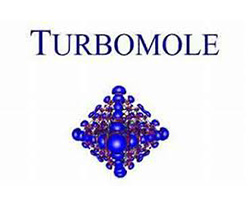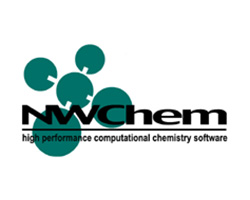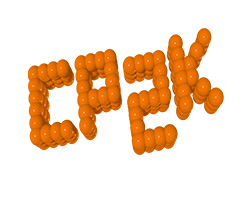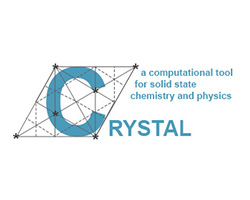Computational Methods
Computational methods have become an indispensable toolkit nowadays in all scientific fields. LSP utilizes state-of-the art computational modeling to investigate the structure and reactivity of molecular and heterogenous catalysts. Applications include: DFT modeling of Ziegler-Natta and molecular catalysts, DFT investigations of catalyst activators (including Methylaluminoxane), predictive QSAR modeling for catalyst optimizations, and Molecular Dynamics (see Main Lines of Research for more details).
The High-Performance Computing infrastructure, available at LSP (jointly owned and operated with HTExplore), includes:
- 1 Server equipped with 8 x HGST 4TB HDD SAS III with RAID 5; 2 x Intel Xeon 8-Core E5-2620v4, 1Ghz; 4 x DDR4 8 GB module; 1 x Intel 82599ES 10 Gigabit Ethernet Controller.
- 16 Computational Nodes equipped with 1 x HGST 2TB SATA III; 2 x Intel Xeon Gold 6130 16-Core Processor (512 CPU’s), 2.1Ghz; 6 x DDR4 16 GB module (96 GB RAM).
- 16 Computational Nodes equipped with 1x DELL PERC H700 299 GB HDD SCSI; 2 x Intel Xeon X5670 6-Core Processor (128 CPU’s), 93GHz; 6 x DDR3 8 GB module (48 GB RAM).
- 12 Computational Nodes to be acquired soon
The QM Software available at LSP are:
Gaussian09, Gaussian16, TURBOMOLE 6.6, Crystal09, VASP 5.4.4, NWChem 6.6, ORCA 4.0.1 , CP2K 5.1
Hardware & Software – Computational Methods
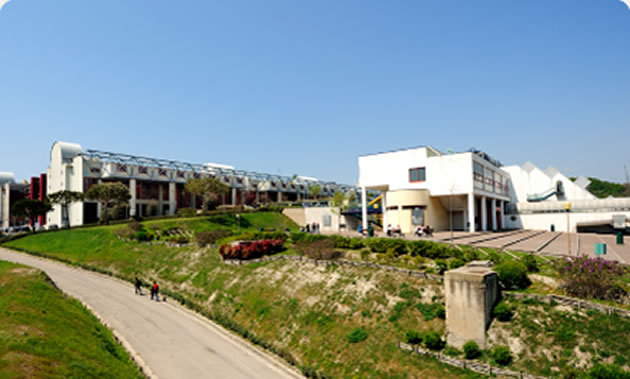
Introduction
LSP is a global competence center for fundamental and applied studies on olefin polymerization chemistry and catalysis.

Members
We hope you Enjoy discovering all the people that belong to the LSP Project. Visit us to discover more about our team.

Research
LSP specializes in fundamental and applied studies of catalytic olefin polymerizations, aiming to better understand and improve…

Infrastructure
LSP is one of the very few academic groups operating a comprehensive HTE workflow for organometallic catalysis.

Join LSP!
We are always interested in hearing from potential new members and collaborators who are interested in a position at LSP.

Visit
Whether you are a student, a scientist, a technologist, or an occasional traveler of the Web, visit us, get in touch.





